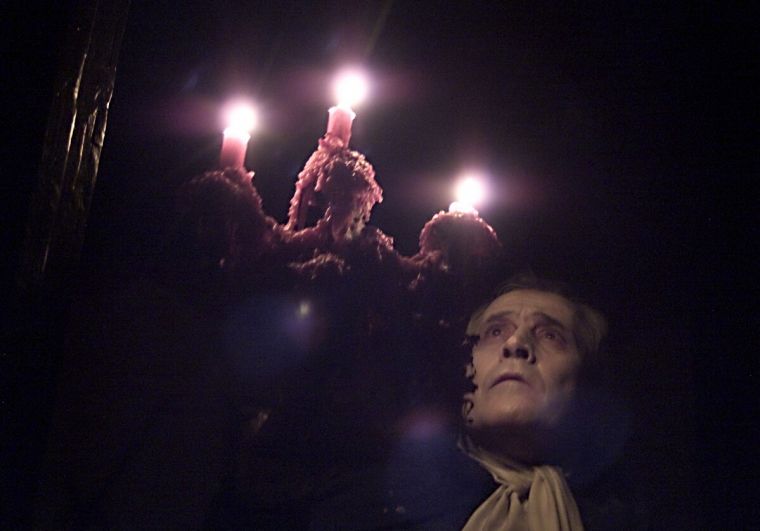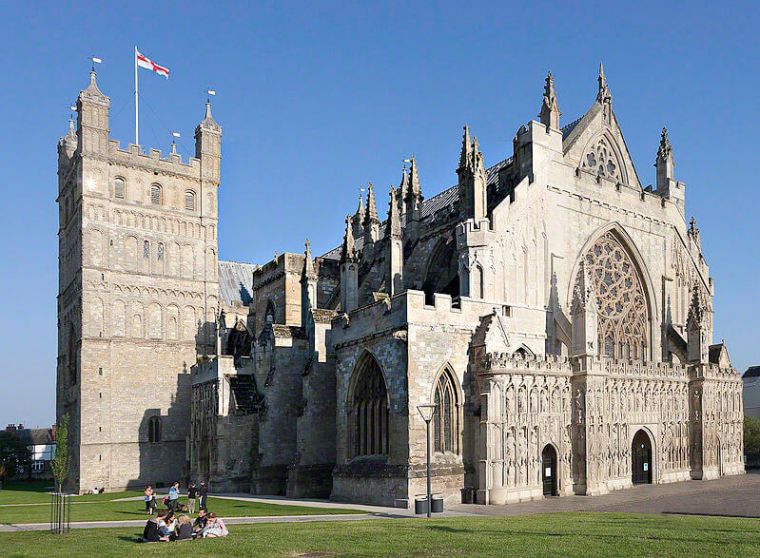Dracula inspired by Anglican priest from Devon

The original Count Dracula was not from Transylvania but was inspired by a hymn-writing Church of England clergyman from Devon, according to new material unearthed by one of the world's leading Dracula scholars.
And he was inspired by the same clergyman who wrote the soul-stirring hymn, Onward Christian Soldiers.
The Gothic vampire horror novel Dracula was written by Bram Stoker in 1897 after intensive research into the history of the mythical werewolf. His two main sources were The Book of Were-Wolves, a study of lycanthropy, and Margery of Quether, a vampire novel by Rev Sabine Baring-Gould who wrote many popular hymns including Onward Christian Soldiers and Now The Day Is Over.
Baring-Gould, who died in 1924, was born in St Sidwell's, Exeter.
The origins have been uncovered by author Andy Struthers, 49, who will tell the World Dracula Congress in Dublin this year, organised by The Transylvanian Society of Dracula, that this is why Stoker set crucial parts of his novel in Exeter.
Struthers will publish all his findings in a new book, Dracula Incarnate: unearthing the definitive Dracula.
He told the Exeter Express and Echo that many people had previously tried to discover why he used Exeter in the novel. He said: "All previous efforts to find this link have proved fruitless, until now.

"People will be surprised and sometimes shocked by my findings, as most of what they now hold true will be proven to be false. It's a bit like finding out who Father Christmas really is. Scholars of the novel Dracula are very aware of the fact that Stoker constructed his novel using many different sources."
He added: "The book of werewolves and the vampire tale provided Stoker with elements of his story, and virtually everything he needed for the creation of his vampire Count, possibly including the voice of his vampire, which was female."
He said Stoker liked "tipping his hat" to people who helped with his research or inspired his characters: "Exeter was included in the novel as a way of saying thank you to Baring-Gould, and the masses of material that he had provided the Irish author with. In a newspaper interview, given the month after Dracula was published, Stoker thanked the author of 'the book of werewolves' for what he had learned."











